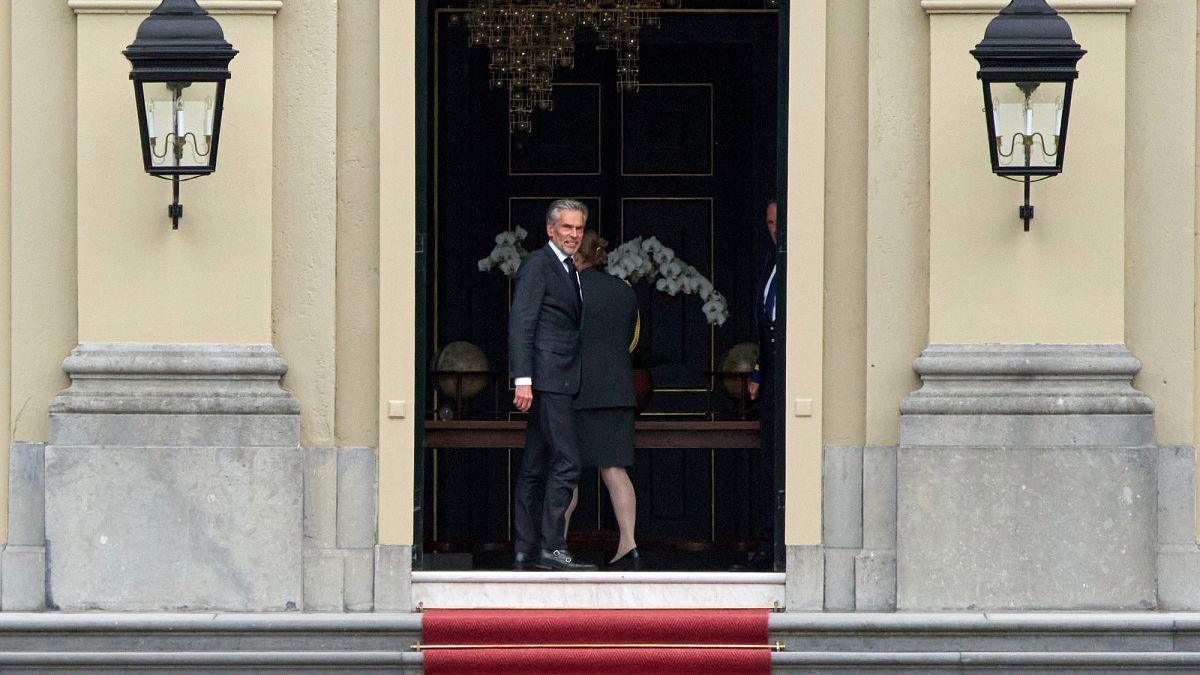Published on
Following the collapse of the ruling government and the resignation of Prime MInister Dick Schoof, the Netherlands will elect a new parliament on 29 October, outgoing Minister of Internal Affairs Judith Uitermark confirmed on Friday.
The snap election was announced less than a year after the Dutch four-party coalition was formed, falling apart after far-right Party For Freedom (PVV) leader Geert Wilders withdrew his ministers.
Schoof’s 11-month-old administration goes down in history as one of the shortest-lived governments in Dutch political history.
Wilders blamed his coalition partners for failing to act on his desire to crack down on migration.
Last week, he demanded they sign on to a 10-point plan aiming to radically slash migration, including using the army to guard land borders and turning away all asylum-seekers. He said at the time that if immigration policy is not toughened up, his party “is out of the cabinet.”
A crisis meeting lasted mere minutes before Wilders made good on that pledge, angering other party leaders, who said they all had supported a clampdown on migration.
“I’m shocked,” leader of the right-wing People’s Party for Freedom and Democracy (VVD) Dilan Yesilgöz told reporters, calling the decision “super irresponsible.”
“The prime minister who appealed to us this morning said that we are facing enormous international challenges, we have a war on our continent, an economic crisis may be coming our way,” Yesilgöz added.
What happens until October?
The national Electoral Council had advised on a 29 October election earlier this week. An earlier election would have been hard to pull off due to a parliamentary recess that begins on 4 July and lasts until 1 September, followed by several weeks of campaigning.
It means Schoof will lead a caretaker government when his country hosts the NATO summit in The Hague in a few weeks.
Foreign Minister Caspar Veldkamp said the government remains committed to hosting the meeting despite political turmoil.
In a statement to lawmakers, Schoof said he wants to maintain control, even in caretaker mode, over vital policies in the coming months.
“As far as I’m concerned, it’s about security, both nationally and internationally, including support for Ukraine and everything that’s needed for defense,” he said.
He also wants to be able to act on the economy, including the global trade war unleashed since the start of US President Donald Trump’s second term, “because that can have a direct effect on the Dutch economy and on our business community.”

